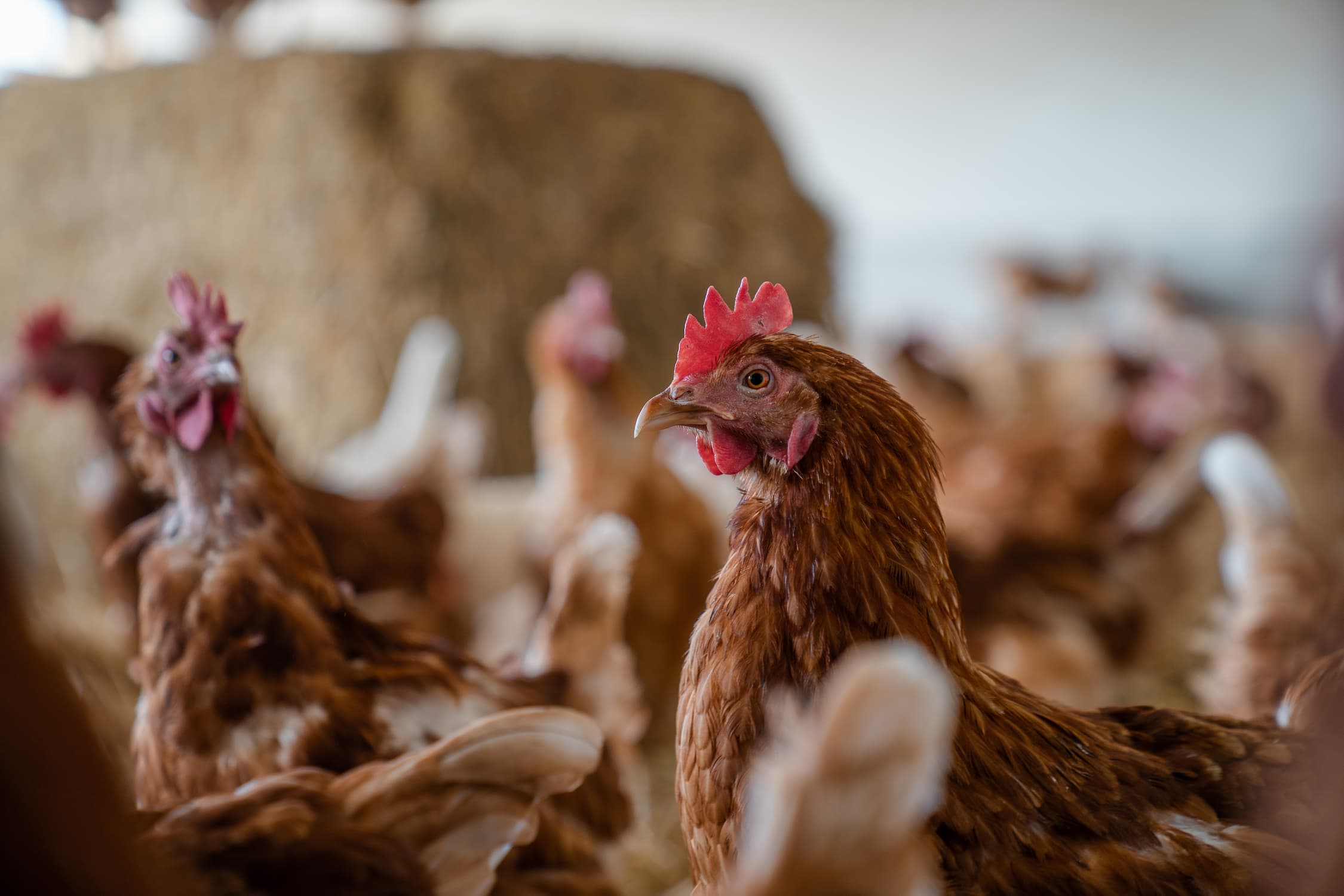Swiss eggs enjoying increasing popularity
Swiss eggs have seen their total market share steadily increase in recent years to almost 80% for shell eggs and to over 60% in terms of total egg consumption. Swiss poultry farmers currently produce more than a billion eggs per year. People in Switzerland consume approximately 180 eggs per capita per annum.

An egg takes 24 hours
Eggs are a wonder of nature. It takes only around 24 hours from ovulation to laying for an egg to form. The eggshell protects the contents of the egg from environmental influences while being air-permeable at the same time. Moreover, eggs are extremely rich in nutrients. They contain numerous vitamins, minerals, proteins and unsaturated fatty acids. Swiss consumers prefer egg yolks that are dark yellow in color, which is why a paprika extract is admixed into chicken feed since it affects the yolk color. The genes of the hens determine whether an egg becomes white or brown: a laying hen with red earlobes predominately lays brown eggs, and a hen with white earlobes lays white eggs.
Is the egg still fresh?
And how do I know if an egg is still edible? A glass filled with some water is all that’s needed to test an egg. If the egg lies flat on its side on the bottom of the glass, that means it’s fresh. If the egg stands upright on the bottom of the glass, it should be eaten as soon as possible. If the egg floats on the water surface, hands off: it is no longer good to eat. This has to do with the fact that water in the egg evaporates over time and the resulting empty space fills with air.
Eggs naturally have a long shelf life
Supermarkets do not keep eggs in a refrigerator. After all, eggs have natural protection. This keeps them fresh for around 20 days – provided the shell isn’t damaged. While there is no problem in doing so, fresh eggs therefore don’t have to be kept refrigerated. However, if an egg has been chilled once, it should also remain chilled. This is because temperature fluctuations are bad for eggs. By the way: eggs taste best between the 7th and 14th day.
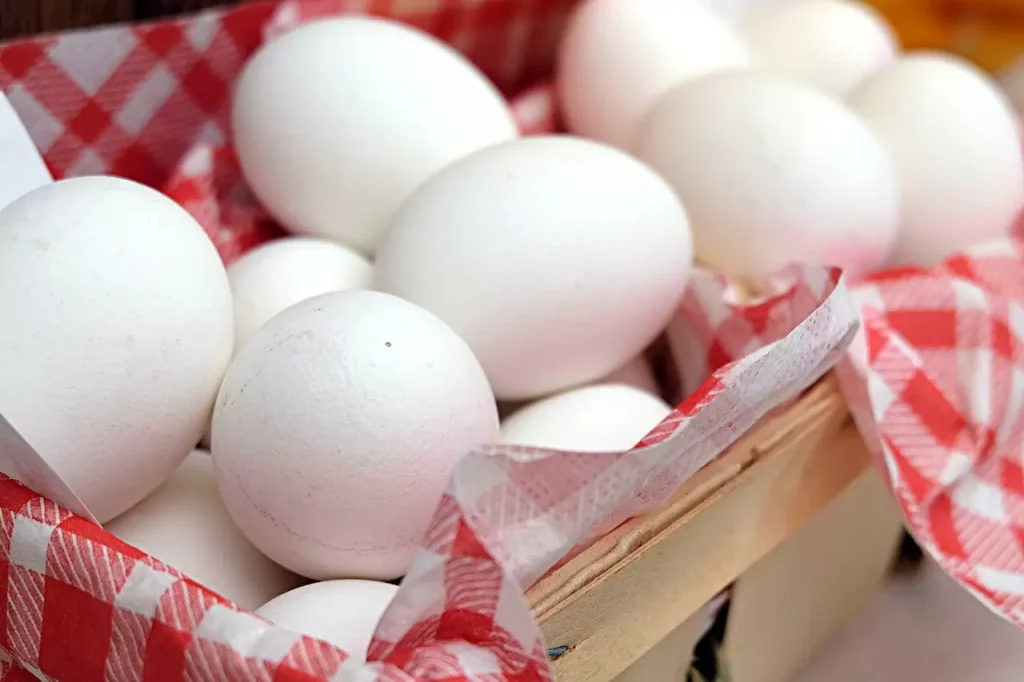
Why eggs are good for us
Nothing but a load of cackle – many people still regard eggs as being unhealthy. But they’re quite wrong on this. Hen’s eggs from the farm, freshly laid every day, are packed full of essential nutrients. A valuable source of energy for the body, they contain vitamins, biotin, minerals and a high proportion of unsaturated fatty acids. Although eggs also contain cholesterol, they don’t usually raise cholesterol levels but can lower them as they reduce the body’s own production.
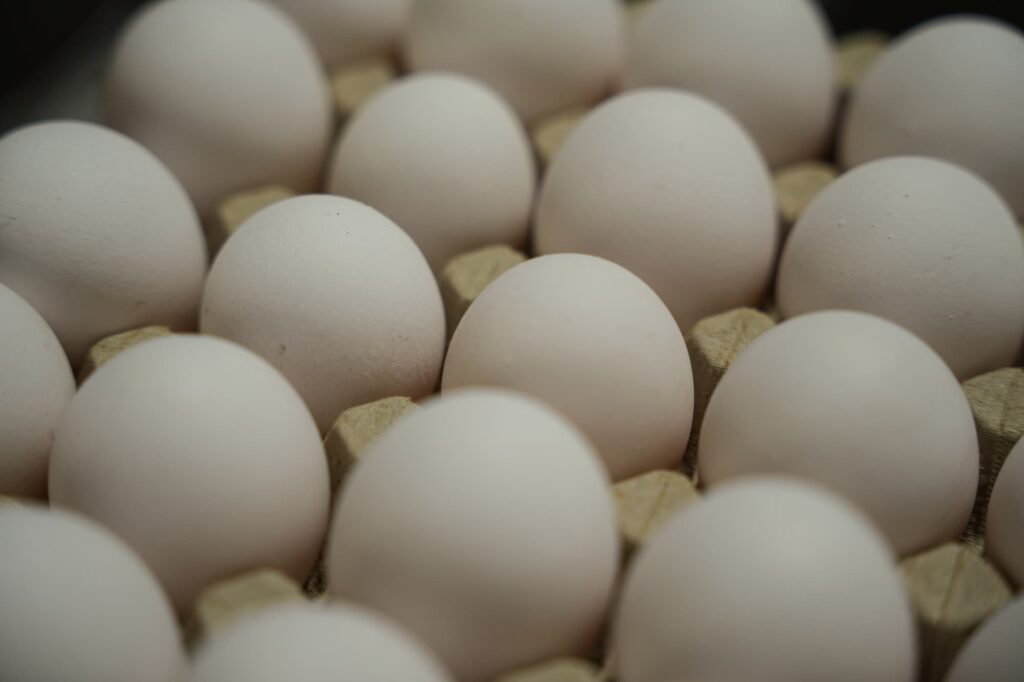
Looking better and staying fit in old age
A hen’s egg from the farm is good for your muscles and your skin. Fresh eggs promote muscle growth and the maintenance of muscle mass in old age. Their high leucine content supports functional fitness. This helps older people, in particular, preventing strokes and falls. Eggs are also rich in vitamin B, protein and sulphur, keeping your skin healthy and strengthening your hair. By treating yourself to an egg every now and then, you’ll also be doing something for your health and beauty.
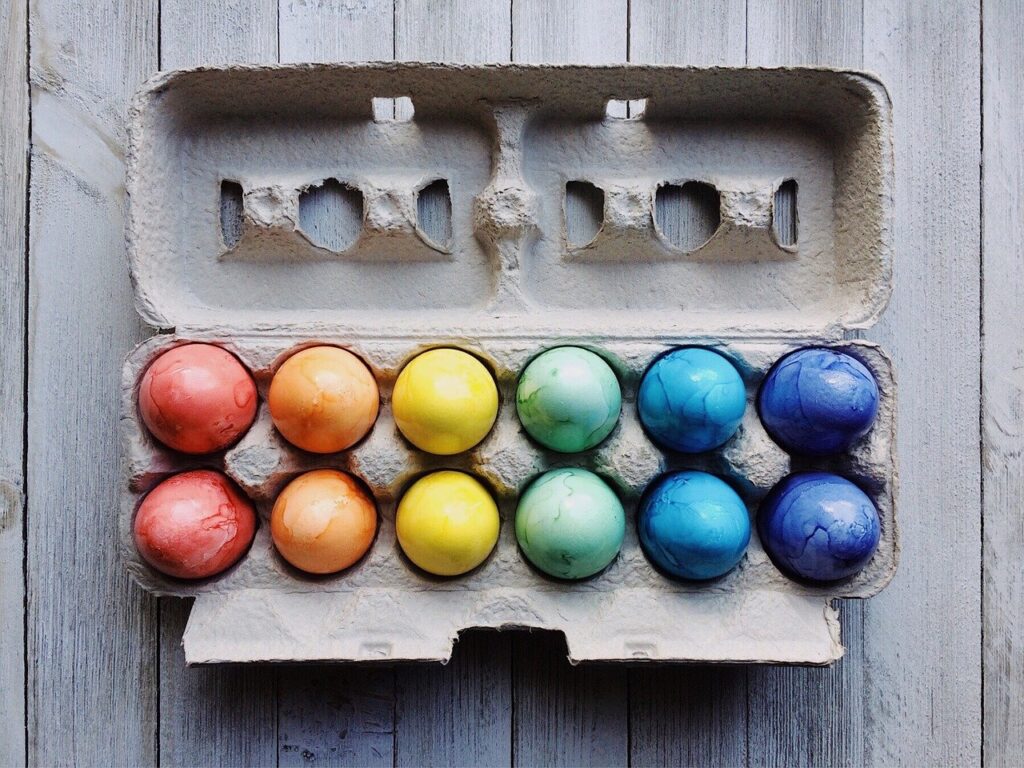
The origins of egg dyeing
The tradition of dyeing eggs at Easter dates back a long time. Since it was forbidden to eat eggs during the 40 days of Lent, people boiled them to preserve them, presumably colouring them to distinguish boiled eggs from the raw ones.
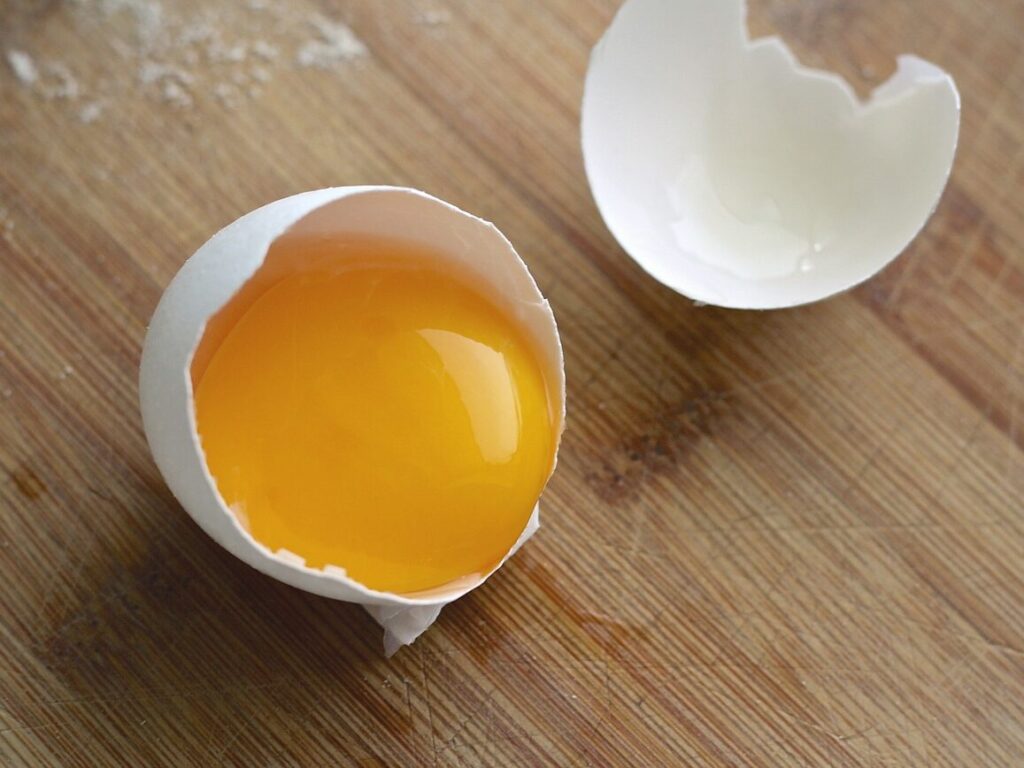
Double yolks
Have you ever wondered how multiple or double yolks develop? They’re usually a harmless whim of nature, when two yolks are released at the same time, corresponding to twins in humans. The eggs are usually slightly larger than average and are not suitable for incubation as it is very unlikely that both chicks will survive.
Why egg dishes are so successful
Eggs are extremely versatile in the kitchen. Everyone is familiar with fried eggs and scrambled eggs and even a novice in the kitchen can make them. But what is the key to success with a poached egg? Gently beat the egg into a cup. Heat water in a pan, add a little vinegar and bring the water to a simmer. However, it must not reach boiling point. Then stir the water so that a vortex is formed. Drop the egg into the vortex from the cup. As you continue stirring gently, the egg white wraps around the yolk. Depending on how hard you like your egg yolk, cook the poached egg for between 2 and 6 minutes.
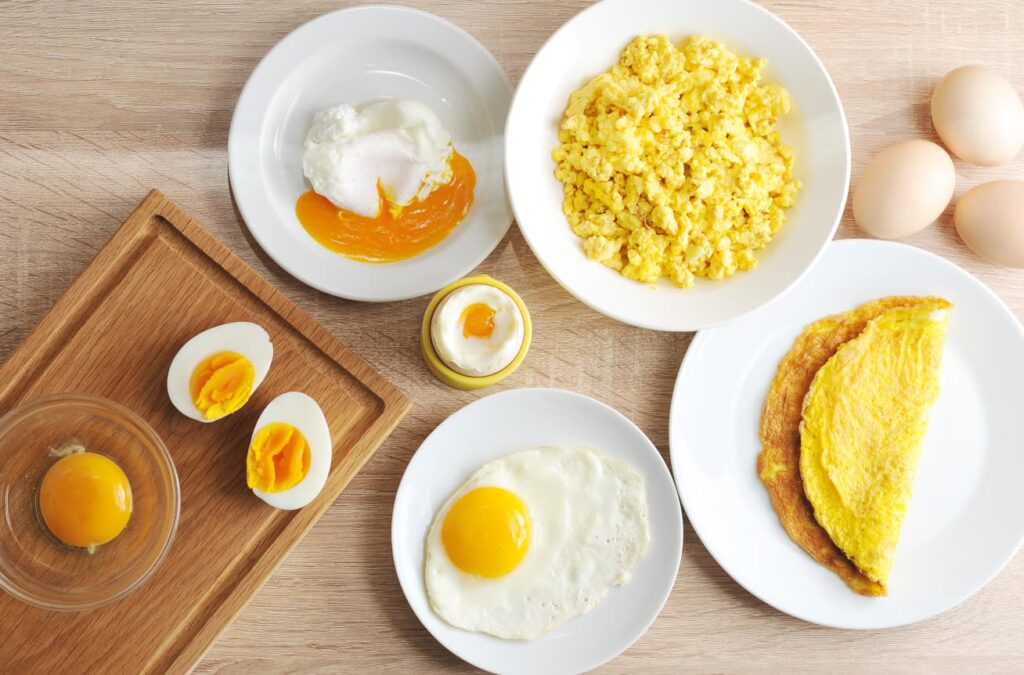
Regional produce for you
Find fresh eggs in your local area
